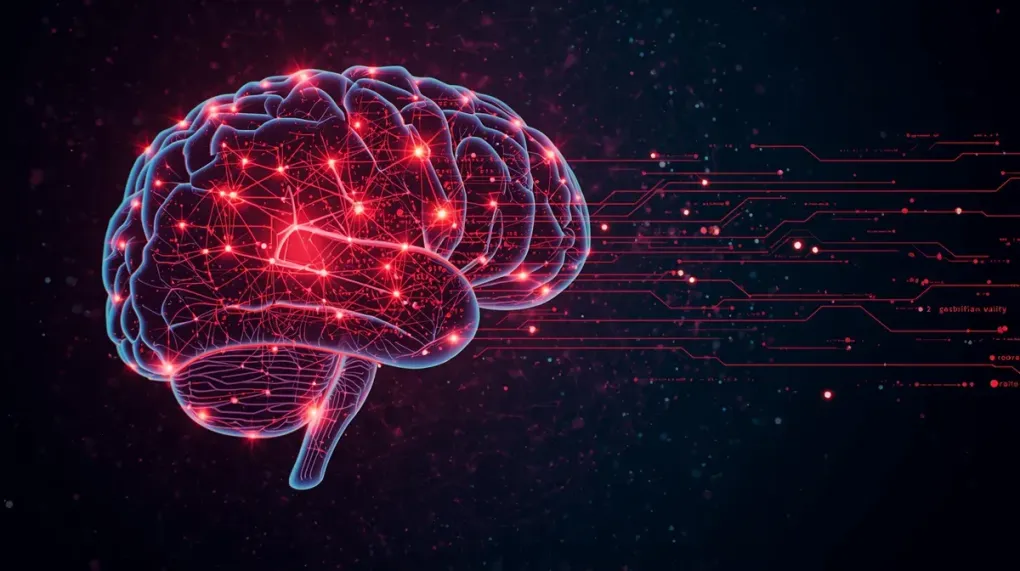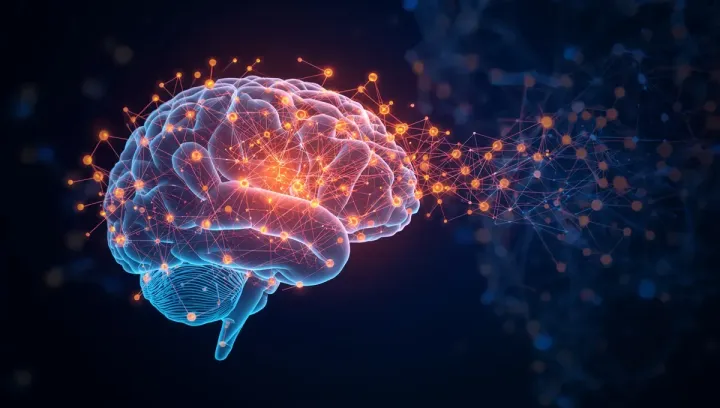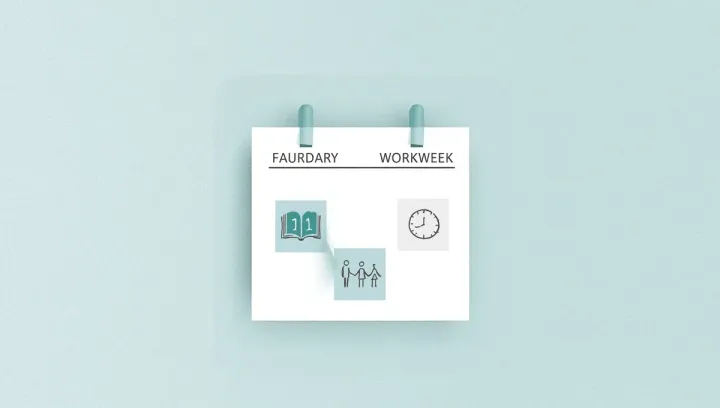
The AI-First Mindset: How to Thrive in the New Age of Intelligence
For the past few decades, we’ve lived in a “mobile-first” world, where technology was designed around the smartphone. That era is giving way to something new: the “AI-first” era. As artificial intelligence becomes more capable and integrated into our daily lives, it’s changing not just the tools we use, but also the way we think, learn, and work.
Adopting an AI-first mindset is no longer an option; it’s a necessity for anyone who wants to thrive in this new landscape. But what does that actually mean?
From Tool to Collaborator
The most fundamental shift is moving from seeing AI as a simple tool to viewing it as a collaborator. It’s the difference between using a hammer to drive a nail and working with a skilled assistant who can anticipate your needs, suggest better ways of doing things, and even take on complex tasks independently.
An AI-first mindset means actively looking for opportunities to partner with AI. It means asking not just “What can I do with this tool?” but “What can we achieve together?” This could be anything from co-writing a report with a language model to using an AI-powered design tool to explore new creative possibilities.
Embracing Continuous Learning
The rapid pace of AI development means that skills can become obsolete almost overnight. In an AI-first world, the most important skill is the ability to learn. This requires a growth mindset, a belief that your abilities can be developed through dedication and hard work.
It also means being comfortable with a certain amount of ambiguity and uncertainty. You won’t always have all the answers, and that’s okay. The key is to be curious, to be willing to experiment, and to see every challenge as a learning opportunity.
The Importance of Critical Thinking
As AI becomes more adept at generating content and providing answers, the ability to think critically becomes more important than ever. An AI-first mindset doesn’t mean blindly accepting whatever an AI tells you. It means questioning its assumptions, evaluating its sources, and understanding its limitations.
It also means focusing on the things that humans do best: creativity, strategic thinking, and emotional intelligence. These are the skills that will be most valuable in a world where AI can handle many of the more routine tasks.
Cultivating Your AI-First Mindset
So, how can you start cultivating an AI-first mindset? Here are a few practical steps:
- Experiment: Play with different AI tools and see what they can do. Don’t be afraid to break things.
- Stay Informed: Follow the latest developments in AI. Read articles, listen to podcasts, and join online communities.
- Focus on Your Strengths: Identify the unique skills and talents that you bring to the table, and look for ways to augment them with AI.
- Be a Lifelong Learner: Embrace the idea that your education is never finished. Be curious, ask questions, and always be open to new ideas.
The transition to an AI-first world will be challenging, but it also presents a massive opportunity. By adopting the right mindset, you can not only survive but thrive in this new age of intelligence.


